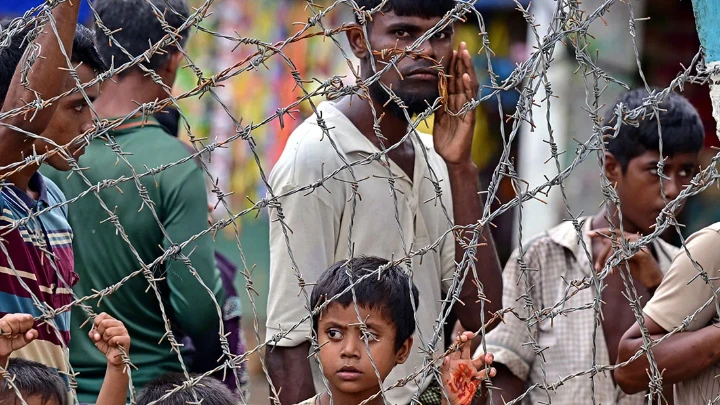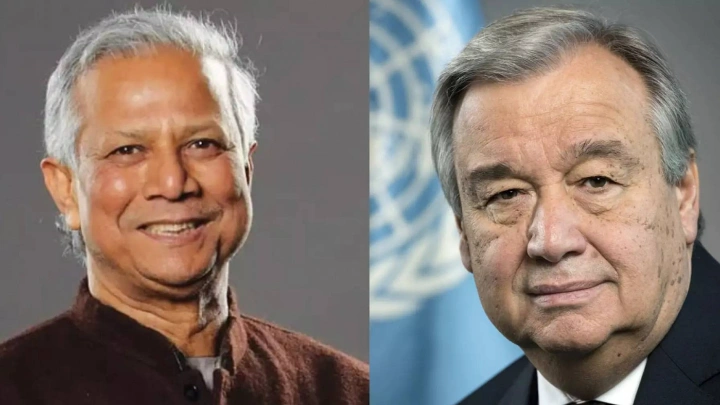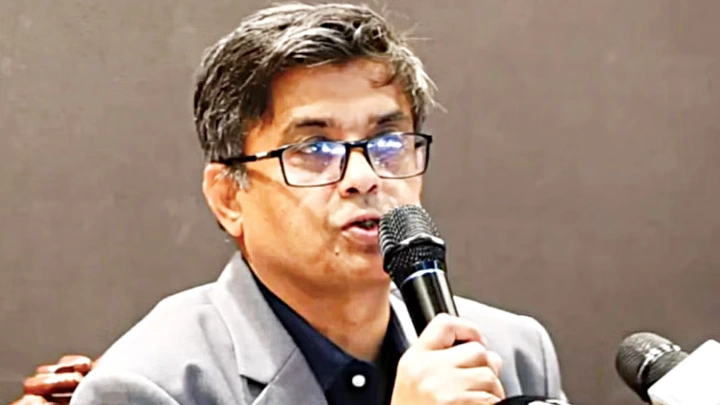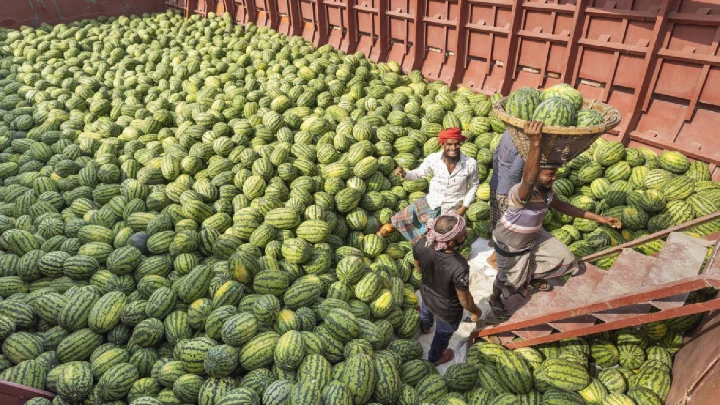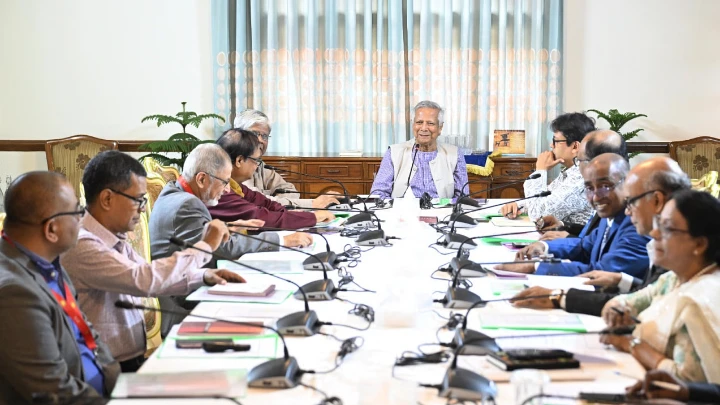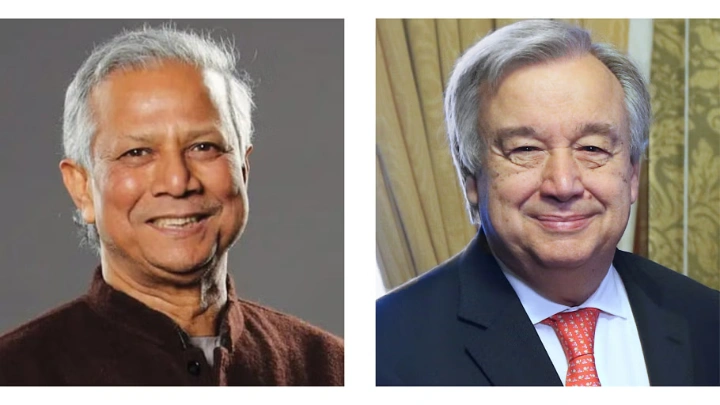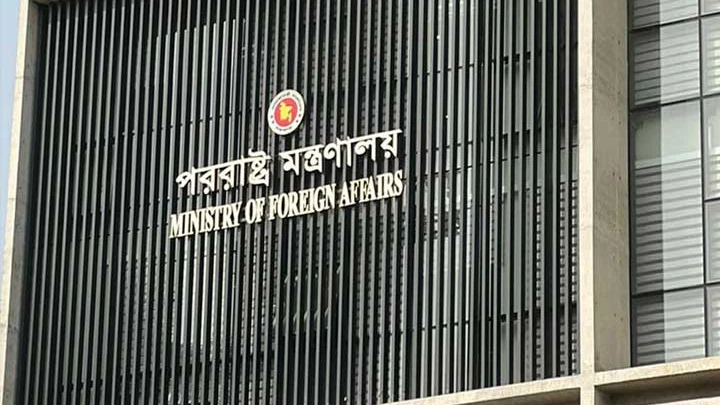Rohingya refugees trapped in Kutupalong Transit Centre
DhakaTribune || Shining BD
The UNHCR Transit Centre in Kutupalong was established with the noble intention of providing safety and resettlement opportunities for Rohingya refugees under imminent threat. This facility was initially designed as a temporary refuge for new arrivals. It is now a waypoint for vulnerable individuals before relocation to third countries. However, testimonies from four former and current residents reveal a starkly different reality—one where the promise of protection and hope has morphed into a prolonged ordeal of neglect and systemic failure. Among the long-term residents are members of the Christian Rohingya community, who have endured almost five years in the Transit Centre despite its intended temporary function.
The illusion of safety
While the Transit Centre is now intended as a sanctuary for those fleeing danger within the Rohingya camps, its ability to ensure security is highly questionable. For individuals like Jiya Rahman, the promise of protection has devolved into a cycle of harassment, threats, and unending insecurity. Rahman, a witness to the assassination of Arakan Rohingya Society for Peace and Health (ARSPH) chairman Mohib Ullah, has been subjected to constant threats and intimidation since being relocated to the Transit Centre for his own safety. His account paints a harrowing picture of the environment within the centre, where residents like him remain vulnerable to abuse and exploitation by those entrusted with their protection.
Rahman recounted multiple incidents involving the Armed Police Battalion (APBn), who not only failed to ensure his safety but actively engaged in extortion and intimidation. He described how APBN officers, in collusion with certain individuals within the camp, demand bribes and levy threats against those who resist. "The policemen threaten to fabricate cases against us, such as arms smuggling," Rahman stated, emphasising the gravity of these accusations. His testimony also detailed the preferential treatment of specific families and individuals who, through connections or payments, enjoy freedoms denied to others. "Some residents are allowed to leave the centre freely, while others, like my family, are treated like prisoners," he explained.
Despite being a designated protection case, Rahman’s experience highlights the inadequacy of measures taken to shield him from harm. He has faced ongoing death threats, which he reported to the UNHCR, yet meaningful intervention has been lacking. His frustration is compounded by the apparent stagnation of his resettlement process, with no updates from agencies while others in similar circumstances have already been relocated. "I worry deeply for my children’s future and education," Rahman lamented, describing the debilitating impact of this prolonged uncertainty on his family.
The illusion of safety extends beyond threats and harassment. The centre’s operational shortcomings, such as the lack of medical services at night, exacerbate residents’ vulnerabilities. For families like Rahman’s, this hostile environment is far from the refuge they were promised. Instead, it perpetuates a grim limbo where their rights, dignity, and hope for a better future are systematically eroded.
Prolonged stays and restricted lives
The Transit Centre was envisioned as a temporary solution. Yet, many families have been trapped there for years with no clarity about their future. One current resident lamented, "The Transit Centre is meant for temporary stay, yet many of us have been here for over two years, and some even more than three years, without any long-term solutions in sight."
Restricted movement compounds these frustrations. Residents are confined within the centre, unable to leave or engage in meaningful activities. Mohammed Kasim, now resettled in British Columbia, described the Transit Centre as "an open jail, where even basic human freedoms are curtailed." Another resident remarked, "We are not granted freedom of movement. This restriction makes us feel like prisoners."
This confinement stifles any sense of autonomy or hope, reducing lives to mere survival. Kasim added, "Some families have been living there for over two years with no solution in sight."
Substandard living conditions
The physical conditions of the Transit Centre further highlight its inadequacy. Overcrowded shelters, insufficient food, and inadequate medical services create an environment that fails to meet basic human needs. Kasim recounted his child’s inability to receive proper medical attention for an injury sustained during a robbery: "I did not receive a referral to MSF for my child's leg screening because he was having difficulty walking. His leg had gotten trapped under the robber's legs during the robbery at my house."
Food provision, a critical aspect of refugee welfare, is another major issue. Residents describe the meals provided as tasteless, culturally inappropriate, and often insufficient. "The food provided does not suit everyone’s diet or match our traditional cooking style," said one resident. Others noted that cooked meals are distributed as early as 4 or 5 p.m., leaving families without proper sustenance through the evening.
A recent decision by the UNHCR to stop distributing food and gas cylinders has intensified hardships. "UNHCR’s recent changes to the location on our Family Attestation documents have caused the cessation of our food and gas cylinder supplies," a resident explained. He continued, “Changing the location stops our food rations and gas cylinder provision.” Such policies not only degrade living conditions but also erode trust in the agencies responsible for their welfare.
Corruption and inequality
Allegations of corruption in the resettlement process cast a shadow over the Transit Centre’s operations. Residents claim that families with connections or the ability to pay bribes are prioritized, while genuine victims, including those targeted by extremist groups like ARSA, are left behind. "There are thousands of allegations against the camp authorities and some UNHCR volunteer workers related to resettlement," said one resident. "Real victims, like Christian Rohingya at the Tranist Centre and others at high risk, are still suffering and waiting for a resolution."
This inequity perpetuates a cycle of suffering and disillusionment among those who trusted the UNHCR to deliver justice and safety. Another resident pointed out, "Camp authorities openly give speeches encouraging refugees to return to Myanmar and fight, spreading misinformation and creating further instability."
A call for accountability
The plight of Rohingya refugees in the Kutupalong Transit Centre demonstrates the failure of UNHCR and local authorities to uphold their responsibilities. From inadequate security and substandard living conditions to a lengthy and opaque resettlement process, the centre has become a symbol of broken promises. Residents are not only deprived of their rights but are also subjected to indignities that strip them of hope and dignity.
"UNHCR should clearly communicate whether resettlement is possible so that we can plan for our future, particularly for our children's education and well-being," pleaded one resident. Without immediate reforms, the Transit Centre will remain a grim testament to the international community’s failure to protect one of the world’s most vulnerable populations.
UNHCR and APBn did not respond to requests for comment.
Shafiur Rahman is a journalist and documentary maker.
Shining BD

